
ArcelorMittal says uncertain US steel prices may limit coke, coal demand
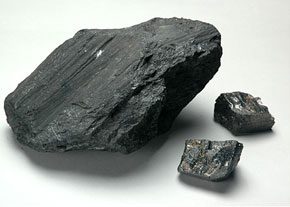
The company has an underlying concern about high met coal prices persisting when steel sales prices are low, as prices are expected to be volatile for a cyclical industry.
ArcelorMittal, the biggest steel producer in North America as well as globally, is working off different pricing scenarios and has flexibility to meet crude steel production targets, Wayne Harman, division manager, solid fuels procurement, ArcelorMittal USA, said in Pittsburgh Friday.
He expressed caution on whether dynamics spurring high steel margins and lifting coking coal demand and price offers for 2019 supplies may last.
"We'd like margins to stay up so we can all reinvest in our operations, but we have to plan for different scenarios, and we deal with that in our procurement practices and our operational plans," Harman told the Platts Coal Marketing Days conference last week.
"The risk posed by periods when steel and met coal commodity prices diverge has a larger impact on North American integrated steel producers given how large the EAF steel producing sector is in this geographical region," Harman added.
The potential for US steel prices staying high enough and steel imports into the US falling could lead to regional integrated mills running out of coke plant capacity, he said.
Platts TSI US HRC steel prices averaged $893.09/st ex-works Indiana in August, down from $917.75/st in July, and compared with $626.09/st in September 2017. Pig iron rates in the US increased significantly from May on a year-on-year basis.
COKE SHORT
"Structurally the US is coke short, but it depends on whether we're running at what level," he said, adding that high coke demand had not been sustained for now. "We can have coke stockpiles, we're in balance and we could tip any way depending on the market."
However, end-user US steel demand growth is not being seen, and steel prices may soften further, Harman added.
"Tariffs have raised selling prices, which is good for steel sellers, but quite a unique dynamic in steel market," he said, adding that incremental capacity has been brought on, while steel pricing may change rapidly.
"Our concern is most of the rest of the world has lower steel prices, they export to us, pay the tariff, and make better margin than anywhere else in the world."
Steel and coke raw materials buyers have indicated flexibility, with some lower quality met coal grades available in the US to keep weighted average steelmaking input cash costs down. Usage of PCI and other injection methods, ferrous scrap among other raw materials, may contribute to meet higher pig iron output.
Ramaco Resources, a CAPP high-vol HCC supplier, said September 11 that it settled 1.24 million st of 2019 volumes at $113/st, up 43% from 2018 contracts at $79/st. Ramaco first entered the contract market last year and produces Elk Creek coal.
Other companies have reported agreeing new met coal business at price increases ranging around $20-$35/st higher than 2018 contracts, depending on the timing of deals last year. This was due to later seaborne spot market price increases over 2017 which led to domestic 2018 offers strengthening into later settlements.
A surge in US steel prices this year may be leaving raw materials buyers uneasy as miners demand higher coking coal prices in 2019 contracts.
Some coal business was reported settling extremely quickly, with counterparts that typically take some months to finalize.
ArcelorMittal is wary of steel imports to the US continuing to be attracted due to "sky-high prices" and margins available. This is even after factoring in import tariffs of 25% or a system of volume quotas for some countries' steel imports.
Softer steel prices may squeeze margins should US iron ore pellet prices, linked to steel and Atlantic seaborne iron ore pellet premiums, and coking coals rise under contracts.


Codelco seeks restart at Chilean copper mine after collapse

Uzbek gold miner said to eye $20 billion value in dual listing

Hudbay snags $600M investment for Arizona copper project

BHP, Vale offer $1.4 billion settlement in UK lawsuit over Brazil dam disaster, FT reports

Peabody–Anglo $3.8B coal deal on the brink after mine fire

A global market based on gold bars shudders on tariff threat

Minera Alamos buys Equinox’s Nevada assets for $115M
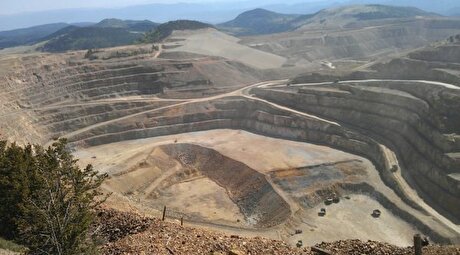
SSR Mining soars on Q2 earnings beat

Century Aluminum to invest $50M in Mt. Holly smelter restart in South Carolina
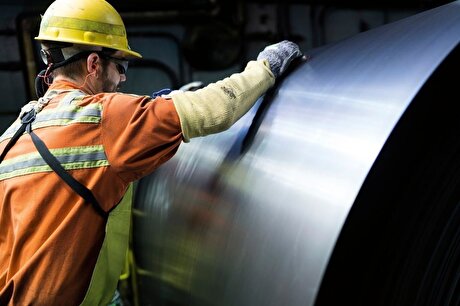
Cleveland-Cliffs inks multiyear steel pacts with US automakers in tariff aftershock

Bolivia election and lithium: What you need to know
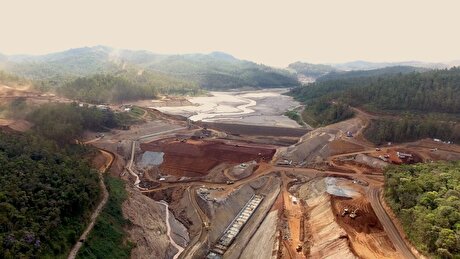
Samarco gets court approval to exit bankruptcy proceedings
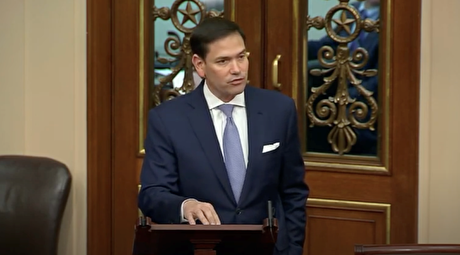
US eyes minerals cooperation in province home to Reko Diq
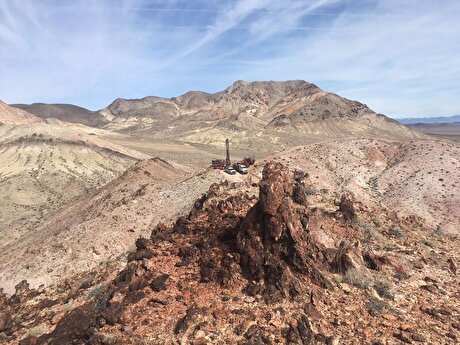
Allegiant Gold soars on 50% financing upsize
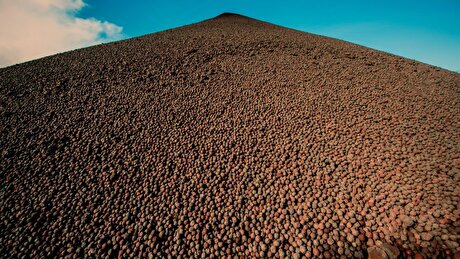
Explaining the iron ore grade shift

Metal markets hold steady as Trump-Putin meeting begins

Trump to offer Russia access to minerals for peace in Ukraine

Gemfields sells Fabergé luxury brand for $50 million

Gold price stays flat following July inflation data

Cleveland-Cliffs inks multiyear steel pacts with US automakers in tariff aftershock

Bolivia election and lithium: What you need to know

Samarco gets court approval to exit bankruptcy proceedings

US eyes minerals cooperation in province home to Reko Diq

Allegiant Gold soars on 50% financing upsize

Explaining the iron ore grade shift

Metal markets hold steady as Trump-Putin meeting begins

Trump to offer Russia access to minerals for peace in Ukraine

Gemfields sells Fabergé luxury brand for $50 million














